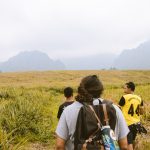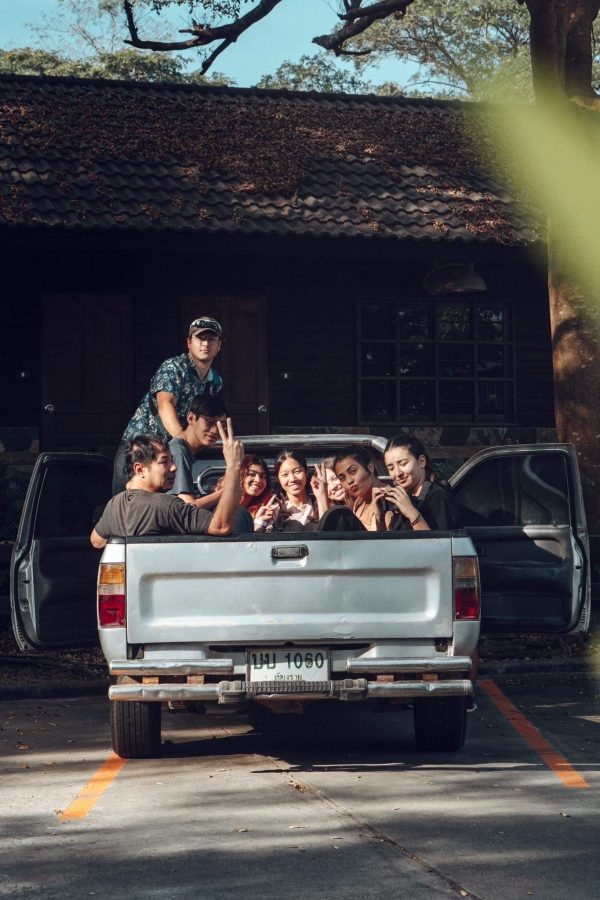The Abundant Life Home Orphanage and Foundation were started in 2006 by Karen Sanchez from Canada. Located about an hour south of Bangkok in the city of Chonburi, near the ocean, it is easy to get to off the main highway.
When Karen was 8 years old, she felt God telling her to open an orphanage when she grew up. After meeting an abandoned baby dying of AIDS in the Chonburi hospital, and helping her move to a Christian HIV/AIDS orphanage, Karen felt God leading her to open the Abundant Life Home for children living with HIV. Since then, the ministries have expanded to include church planting, slum outreaches, Cambodian migrant outreaches, cancer center visits and prayer, Project Standing Strong (for women leaving the sex trade), BAP (Babies are Precious for pregnant women in crisis), and FBT (Families Belong Together) for abused women and their children to come live at ALH.
At the same time, her husband Ricky runs sports ministries and uses basketball, football and volleyball to get into the community and share the gospel. They also run eye glass clinics where we go into rural villages and provide free clinics and eye glasses.
We love to host teams and invite them to come along side us to serve in many ways from practical helps like work projects and respite care, to putting on outreaches and clinics, to prayer walks and ministry.




